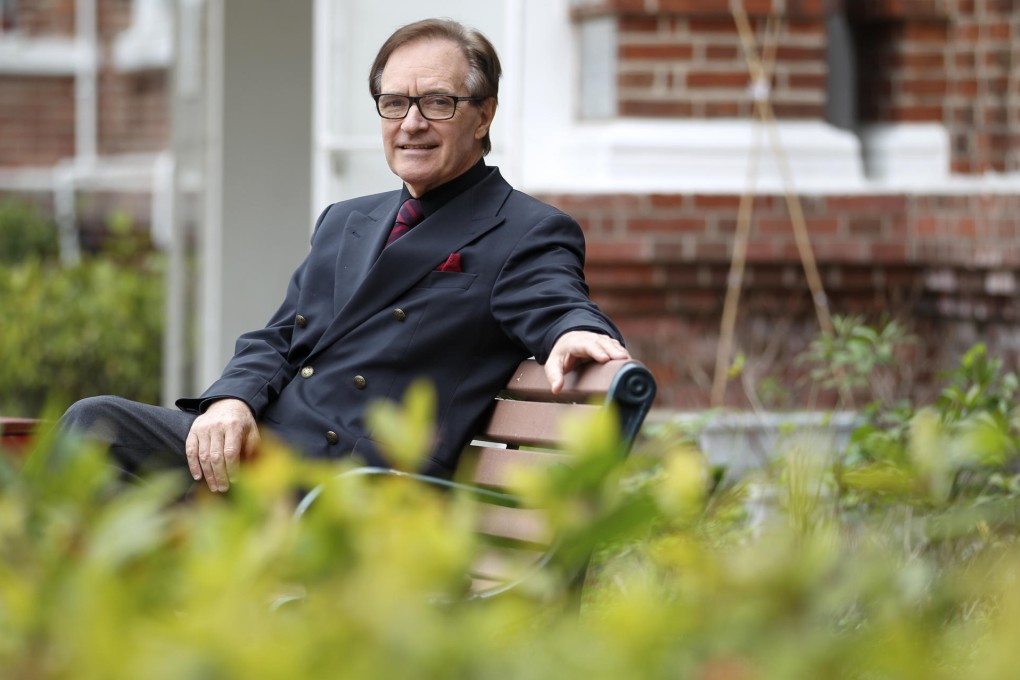An IB education stresses human values, but not an ideology
An IB education stresses human values, but does not foist a specific ideological position on students, a former senior educator tells Anjali Hazari

In a few weeks' time the IB Diploma Programme (DP) examination will be held in the northern hemisphere for the 44th consecutive year. It's certainly moved on from its humble beginnings in 1970, when 29 candidates from 11 schools undertook the first official full DP examination; in the May and November 2013 examination session, 54,453 full diplomas were awarded to students from more than 2,106 IBDP schools across the globe.
The educational landscape of Hong Kong has participated in this impressive growth. The French International School was the first to offer the IBDP in 1988, and 2004 saw the Chinese International School introduce the Middle Years Programme (MYP), and the Kingston International School implement the Primary Years Programme (PYP). Today there are 49 authorised IB schools in Hong Kong offering different combinations of its DP, MYP and PYP programmes.
Academic rigour is important, but the IB's humanitarian values are everything
Dr Ian Hill, deputy director general of the IB from 2000 until his retirement in 2012, puts the growth down to the balanced curriculum, individual and collaborative planning, language acquisition, trans-disciplinary learning, community service, and lifelong learning skills that an IB education offers across its three programmes.
Hill joined the IB in Geneva in 1993 as regional director for Africa, Europe and the Middle East, prior to which he was head of a bilingual IB Diploma school in France. He witnessed some of the criticism levelled against the IB during its formative years.
For example, the IB was at one stage associated with the Earth Charter (founded under the auspices of the UN), which encourages organisations and governments to focus on root causes of major problems and challenges facing humanity. This was perceived by some as introducing propaganda through the influence of an educational platform with the goal of engendering change in society.
The goal of the founding fathers of the first IB school, the International School of Geneva, some of whom were members of the League of Nations, was to replace the narrow-minded nationalist attitudes that had led to the outbreak of the first world war with "international mindedness".
